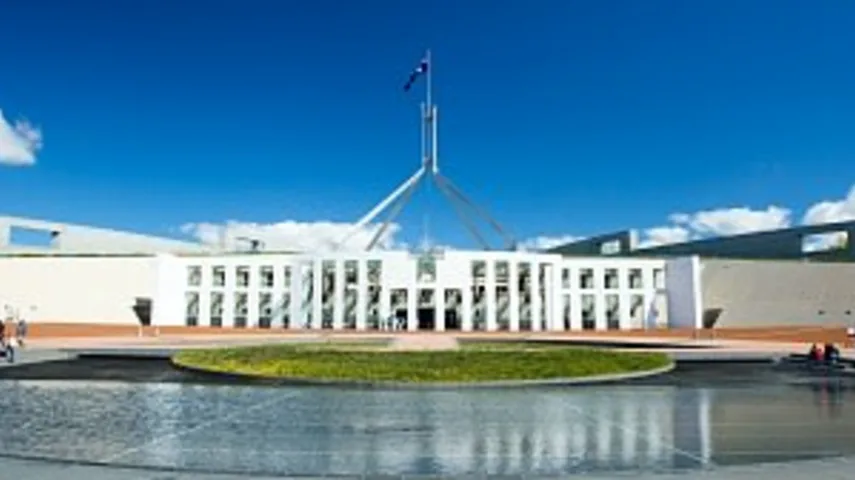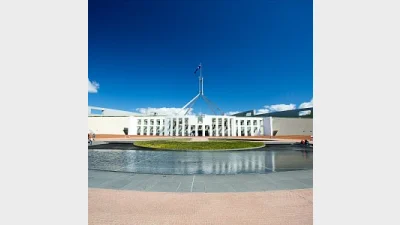Put members’ interests over politics: ISA



Ahead of the Federal Parliament sitting this week, Industry Super Australia (ISA) has called on the legislators to put superannuation fund members’ interests above politics and debate and pass the Protecting Your Super Bill and proposed laws to improve unpaid super rates.
“By the end of this week super could be better for everyone. Fees could be lower, with limits on what a fund can charge people with low account balances,” ISA chief executive, Bernie Dean, said. “Long delays to these bills and partisan politicking needs to stop for members’ sake. Every week that passes without agreement risks Australians losing millions in retirement savings.”
He called on the Senate to agree to “sensible amendments” to the Protecting Your Super Bill and on the House of Representatives to act on a bill to increase transparency and penalties for unpaid super.
ISA yesterday launched an advertising campaign aimed at increasing public awareness of unpaid super, with the aim of increasing legislative change on the issue.
While another bill listed, the Member Outcomes 1 Bill, contained “important measures” such as civil and criminal penalties for super trustees, Dean said that other parts of it required “significant amendment” to reflect the Productivity and Royal Commissions’ recent findings.
“Unless significant amendments to the member outcomes assessment and reporting standards are made, they should be split from the bill in order to get the detail right,” Dean said. “The Parliament should not be passing a weak and ineffective member outcomes test, reporting standards and disclosure regime that lets dud super funds off the hook.”
He still called for the Bill to be expedited however, saying that “this should not distract from landing critical changes where the detail is right”.
Recommended for you
Australia’s largest super funds have deepened private markets exposure, scaled internal investment capability, and balanced liquidity as competition and consolidation intensify.
The ATO has revealed nearly $19 billion in lost and unclaimed super, urging over 7 million Australians to reclaim their savings.
The industry super fund has launched a new digital experience designed to make retirement preparation simpler and more personalised for its members.
A hold in the cash rate during the upcoming November monetary policy meeting appears to now be a certainty off the back of skyrocketing inflation during the September quarter.









